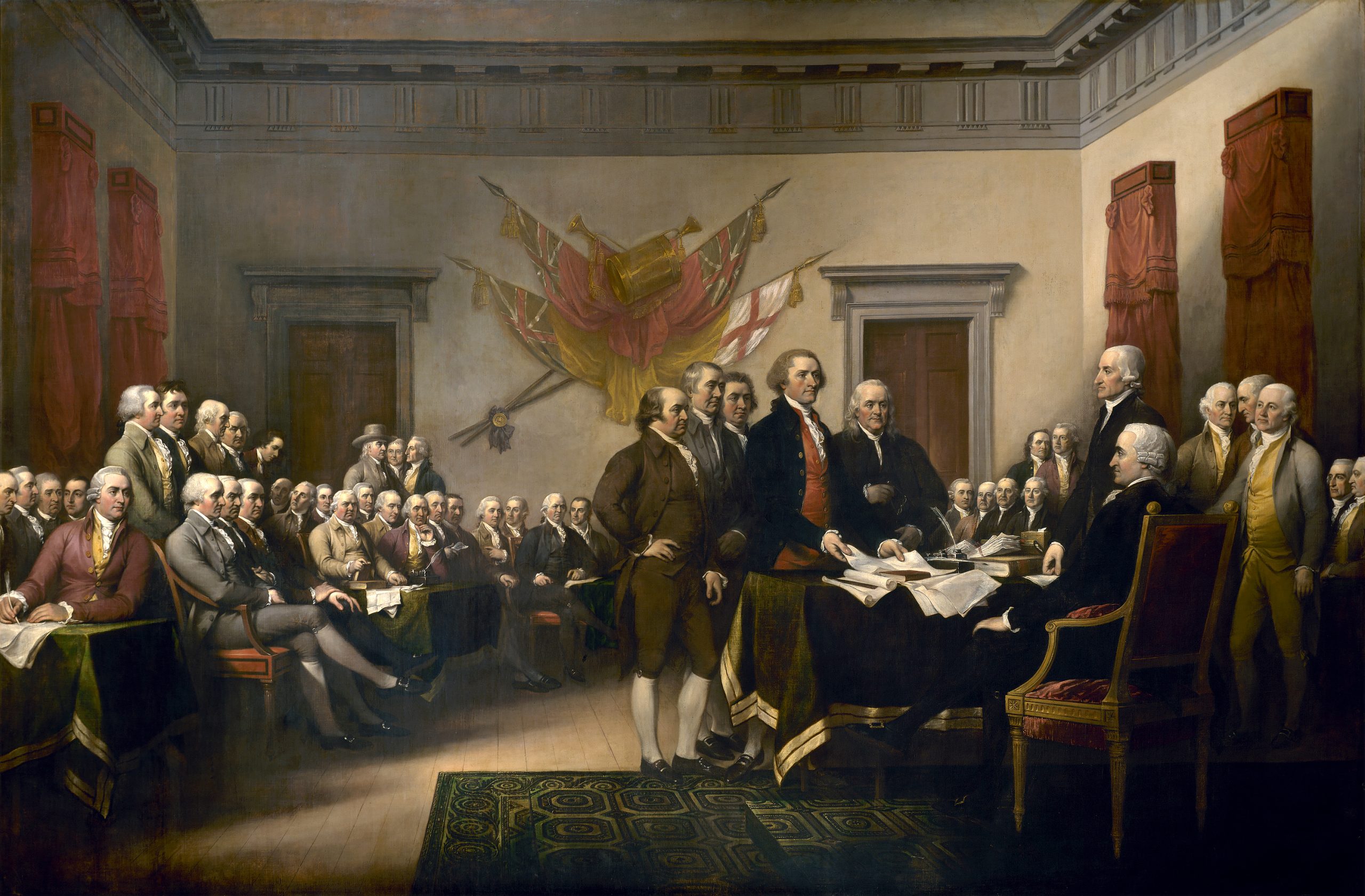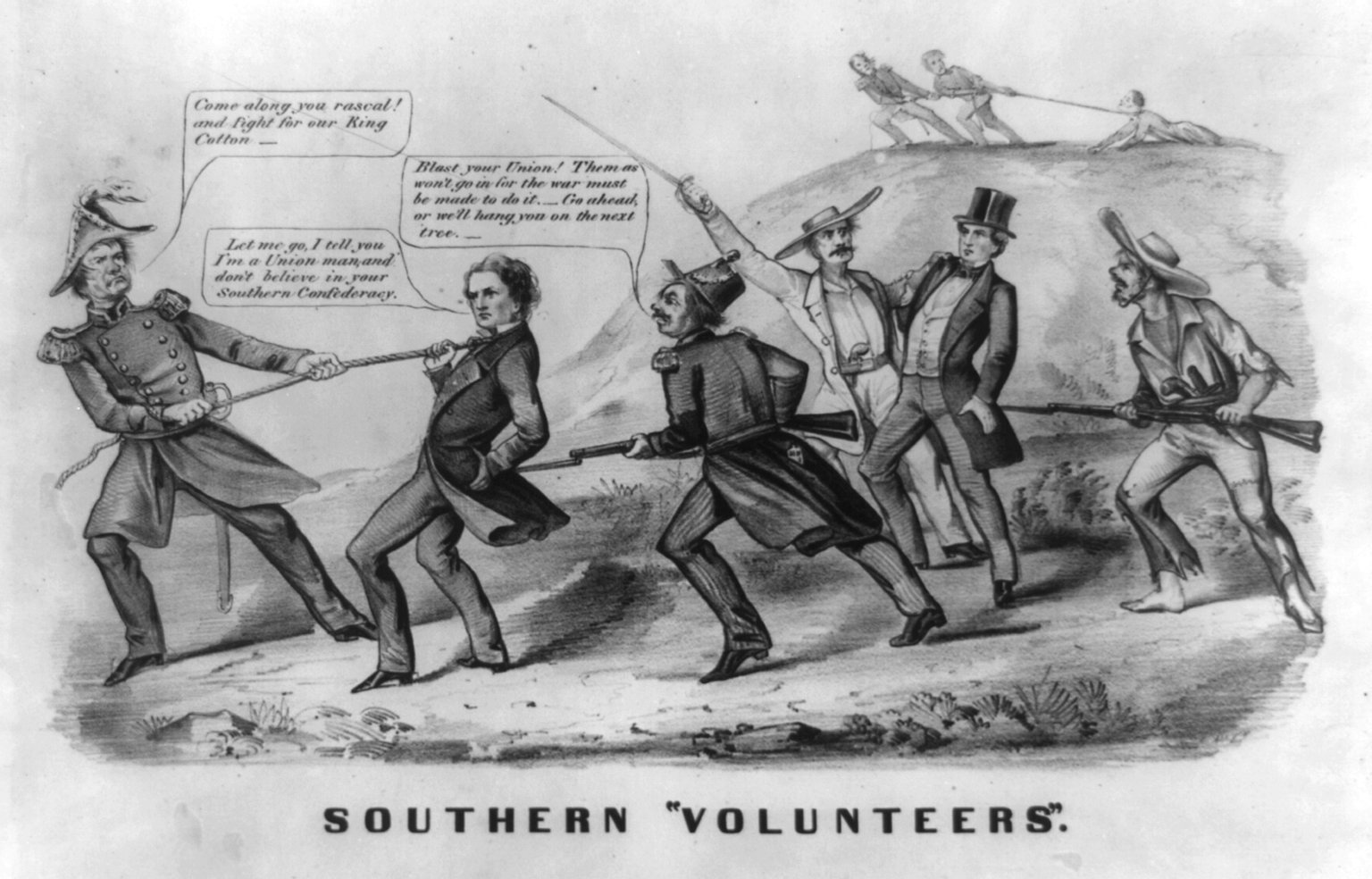The American Revolution represents one of the most important events in modern history, marking the official beginning of the United States of America. But what exactly caused the American colonists to revolt against British rule and fight for independence? The roots of the Revolution lie in a complex set of long-term political, economic, and cultural forces that all contributed to the emboldened colonial resistance that exploded in the late 18th century.
Taxation Without Representation
A famous rallying cry leading up to the Revolutionary War was “no taxation without representation!” American colonists increasingly resented their lack of representation in the British Parliament, which was passing laws and levying taxes on the colonies without colonial input.
The Sugar Act of 1764 and the Stamp Act the following year imposed taxes on goods without seeking approvals from any elected colonial assemblies. Colonists demanded seats in Parliament if they were subject to its powers of taxation. But no seats were ever granted.
This taxation fueled ideological resentment and also imposed real economic hardships. It was an escalating source of tension between the colonies and Britain as protests intensified in response to successive revenue-raising acts.
Clash of Political Ideologies
At its core, the American Revolution was driven by an ideological debate over the proper political system for the colonies. A progressive spirit favoring increased autonomy and democracy clashed with Britain’s centralized, monarchical authority.
Many American intellectuals and political thinkers embraced ideals of liberty, republicanism, and natural rights from philosophers like John Locke. The idea of the colonies being self-directed polities gained traction, conflicting with Parliament’s attempts to consolidate its imperial power.
This political theory transformed into calls for action. The growing unity of the colonies against encroachments on their legislative assembly powers eventually led them to question British sovereignty altogether when their demands went unmet.
Economic Motivations
Economic motivations were a significant factor influencing colonial objections to British impositions. The colonies operated a growing free market economy based on international trade and open migration.
But British policies undermined this thriving economic landscape. Restrictions like the Navigation Acts limited free trade and encouraged smuggling in the colonies. Other taxes threatened colonial businesses. An expanding population was also running out of affordable frontier land to cultivate.
These economic frictions created tangible grievances. Colonial merchants in particular helped drive resistance by objecting to the impact of British policies on Atlantic trade. American port cities organized protests against tax laws that interrupted commerce.
Encroaching British Control
In the years leading up to 1776, the colonies perceived a pattern of British power becoming increasingly overbearing. This generated mistrust and resistance.
The Quartering Act forced Americans to house British soldiers. British authorities also started disbanding locally-run colonial militias. There was a growing sense of lost autonomy.
An expanding British Army presence spread fears about excessive military power. British corruption and obstruction of local assemblies also provoked colonial resentment of being manipulated from afar.
Build Up to Revolution
As these tensions mounted after 1765, bolder forms of protest escalated including boycotts and insurrections. Committees of correspondence fostered inter-colony unity against British injustices.
The Boston Massacre and Boston Tea Party were reactions to Britain’s provocative military occupation tactics. In response to the famous tea party, punitive laws known as the Intolerable Acts further stripped Massachusetts’ self-governance.
This cycle of colonial protest and oppressive British reactions reflected the incompatibility of continued Imperial rule with American political aspirations. Independence was increasingly seen as the only remedy, erupting in open war in 1775.
The American Revolution was thus caused by a confluence of ideological, political, economic, and social forces during a time of rapid change in the colonies. Discontent boiled into colonial unity and organized resistance that triggered the armed rebellion for freedom.
FAQs about the Causes of the Revolution
What did “No Taxation Without Representation” mean?
This slogan referred to the colonists’ anger at lack of American representation in British Parliament as it levied taxes on the colonies and passed laws affecting them.
How did the French and Indian War lead to the Revolution?
The debt Britain incurred fighting this war led it to impose new taxes and trade laws on the colonies. This kicked off escalating colonial protests.
Were the colonists justified in rebelling against Britain?
Most Americans see it as justified given Britain’s increasingly tyrannical rule. Loyalists viewed it as treason against the Crown. Perspectives on the balance of power versus liberty differed.
What inspired American distrust of Britain before the Revolution?
Spreading British military presence, disbanding of colonial militias, obstruction of self-governance, and economic interventions all generated mistrust in the colonies.
Who were the key thought leaders influencing revolutionary sentiments?
Thought leaders like Thomas Paine, John Adams, Benjamin Franklin and Thomas Jefferson were integral to shaping anti-British arguments and ideas before 1776.
The road to Revolution was paved by years of exponential American discontent with British constraints on political and economic freedom. The colonial unrest triggered by repeated perceived injustices ultimately sparked a bold break from England’s Imperial system.



